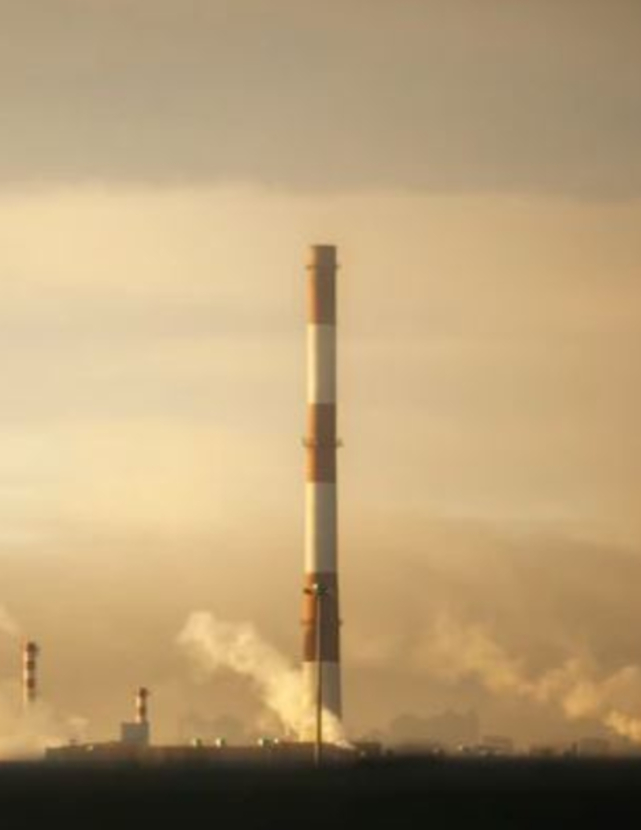Protecting Air Quality During a Pandemic
-
Focus Areas
Chronic Disease Prevention, Healthy Communities -
Issues
Asthma -
Expertise
Public Policy Advocacy -
Strategic Initiatives
COVID-19

Reducing outdoor air pollution has proven to lower asthma rates in children. For example, a May 2019 study from USC researchers that tracked Southern California children over a 20-year period found that improved air quality in Los Angeles was linked to roughly 20 percent fewer new asthma cases in children. Reducing indoor air pollutants and other asthma triggers is also a critical component of asthma management: mold, second hand smoke, and certain cleaning products are among the many substances that can trigger an asthma attack or even contribute to the onset of asthma in otherwise healthy people.
PHI’s Regional Asthma Management and Prevention (RAMP) program is committed to protecting the public’s health and promoting equity by reducing outdoor and indoor air pollution, particularly in overburdened low-income communities and communities of color.
In 2020, as the COVID-19 pandemic developed, California industries used the economic crisis as an argument in pressuring regulators to delay or weaken air quality rules. In response, RAMP joined a coalition of public health and environmental justice organizations in asking California’s Governor and legislature, as well as the California Air Resources Board, to oppose any rollbacks or delays in health-protective air quality regulations. As noted in the coalition’s letter,
“…[S]ome of the state’s biggest polluters are using this public health emergency as an excuse to weaken public health protections. Seven of the ten smoggiest cities in the United States are in California, and too many of our most vulnerable communities bear the greatest burdens when the air is unhealthy to breathe. Air pollution damages our health through increased risk of asthma attacks, emergency room visits and hospitalizations, lung cancer, heart attacks, strokes and premature death…people with respiratory illnesses are at a higher risk of becoming critically ill with COVID19, and many Californians with respiratory illnesses are concerned about what [weakening air quality rules] will mean for their health.”
The coalition’s efforts helped to maintain California’s air quality protections.
In addition, as people increased their use of cleaning products as a means to address COVID-19 concerns, RAMP stressed the availability of asthma-friendlier alternative cleaning products, and shared several resources for safer products. Responding to COVID-related research showing that airborne transmission was driving the disease’s spread, RAMP also promoted research and practical interventions for improving home and school ventilation and filtration.
Work With Us
You change the world. We do the rest. Explore fiscal sponsorship at PHI.
Support Us
Together, we can accelerate our response to public health’s most critical issues.
Find Employment
Begin your career at the Public Health Institute.
